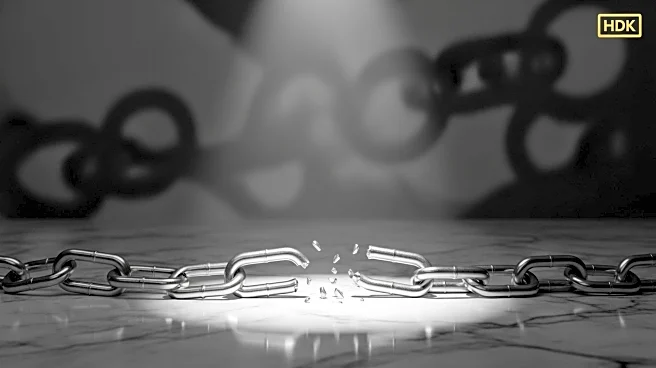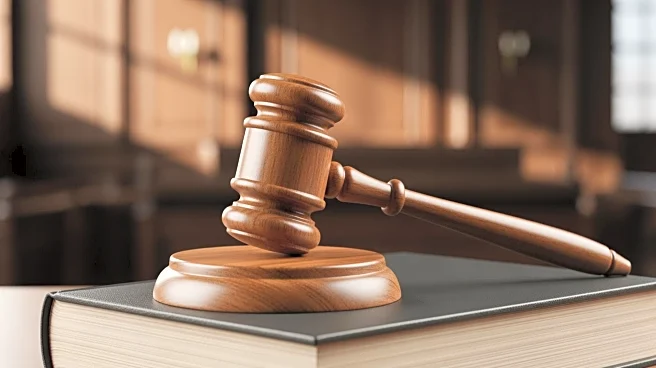What's Happening?
Following the assassination of Charlie Kirk, a prominent figure known for his conservative views, a heated debate has emerged surrounding cancel culture and free speech. Companies and universities have taken action by firing employees who have posted on social media either criticizing Kirk's views or expressing support for his death. This situation has highlighted the challenges in defining the boundaries of acceptable speech, as reported by Nancy Cordes. The incident has intensified discussions on how institutions should handle controversial opinions and the consequences of public statements.
Why It's Important?
The debate over cancel culture and free speech is significant as it touches on fundamental issues of expression and accountability in the U.S. The actions taken by companies and universities reflect broader societal tensions regarding the limits of free speech and the role of social media in shaping public discourse. This situation could impact policies on employee conduct and social media usage, influencing how organizations balance free expression with maintaining a respectful environment. The outcome of this debate may affect political discourse and the way controversial figures are treated in public and professional spaces.
What's Next?
As the debate continues, institutions may face pressure to clarify their policies on social media conduct and free speech. Stakeholders, including political leaders, civil rights groups, and educational institutions, are likely to engage in discussions to address these issues. Potential legislative actions or policy changes could emerge to provide clearer guidelines on handling controversial speech. The ongoing discourse may also influence public opinion and societal norms regarding the balance between free expression and accountability.








